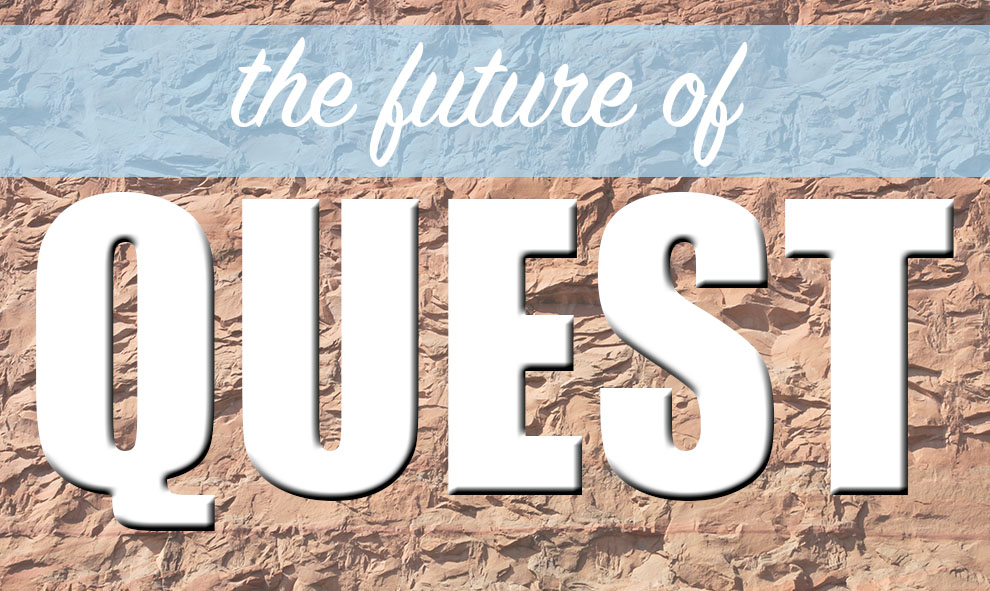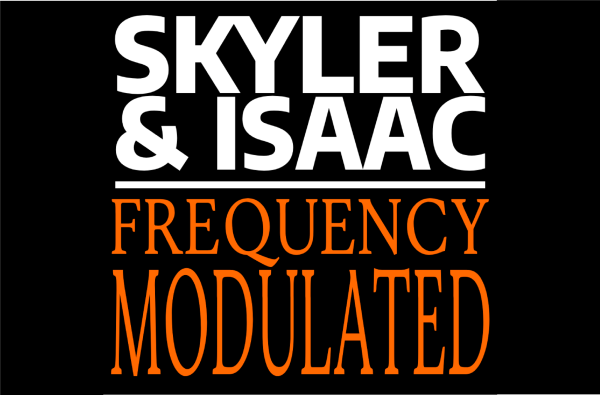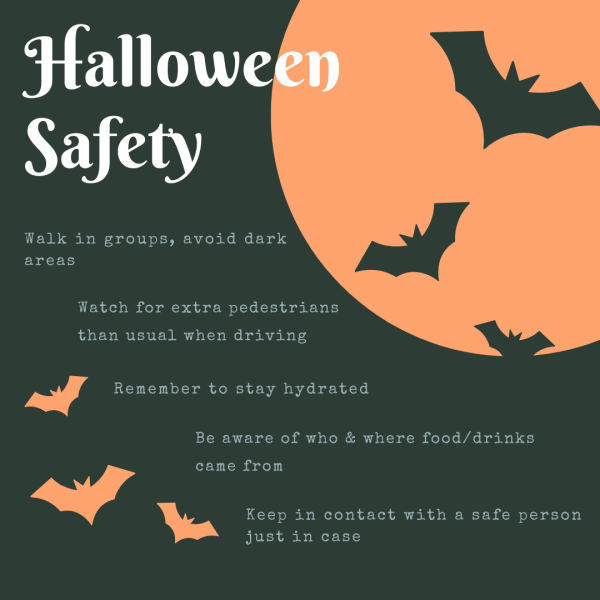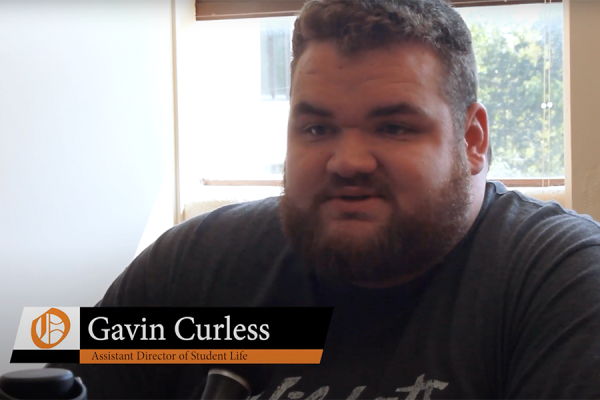Quest classes sometimes lack consistency
Quest program should keep emphasis on humanities
The idea of the Quest program, a liberal arts approach to the traditional general education program, seems simple enough, but many students do not like this approach to getting a rounded education.
The Quest program looks good on paper. Featured on Baker University’s website is a list of Quest’s core competencies: written and oral communication, ethical decision making, critical thinking and problem solving in an inquiry-based format. Ideally, Baker students should gain these skills from any Quest classes regardless of the topic or subject matter in a particular class.
All classes that I have taken have required my classmates and me to communicate both orally and in writing, but the other categories fall short. Never have I been required to use ethical decision-making or problem solving in an inquiry-based format either. On occasion, I have had to use critical thinking.
This has led me to the conclusion that there is a lack of consistency in upholding the core competencies that students should focus on while completing the Quest program.
Another area of the program that lacks consistency is the difficulty between courses of the same level. Students could be taking two separate Quest classes that are the same level, for example two QS 212 classes, and report completely different workloads.
Under the umbrella of workloads fall tasks such as time spent studying out of class, the number of papers or presentations a student must give and the number of tests during the semester. To those who have to spend more time on writing papers, studying for tests and preparing for presentations, it does not seem fair that others are getting by doing less work and ending with a completion of the same level of course.
Another problem students find with Quest courses is that they are often offer limited selections. This semester, I was limited to selecting my Quest class out of a grand total of two all because of my lab schedule for another course.
Interestingly, in the definition of Quest that can be found on Baker’s website is the phrase “gives students the ability to pursue topics they are passionate about.” Not once while at Baker have I been able to select a class that covered material I feel passionate about in any way. This is not to say that over time I still found the topics dull or uninteresting, but not a single one of the courses I have taken relates to my major.
A student’s major should be the focus of his or her academics each semester. With that in mind, students should not have to worry about taking a Quest course and its linked course during the same semester at the expense of taking a class for their major. It can be tricky enough for students to handle their course load just for their major,.
If students were given the opportunity to take a Quest course and the linked course at a different time, then maybe they could find ways to divide the class load during their four years at Baker.
Transfer students also feel overwhelmed by the load of work from Quest classes. Those who try to catch up to the rest of their class in the Quest program can find themselves taking additional hours compared to students who are on track in the program. This could possibly deter some students thinking of transferring to Baker because completing the Quest program could set their projected graduation date back.
The general idea of the Quest program is a solid one that stays true to Baker’s view on liberal arts education, but it sometimes looks better on paper than in the classroom.







